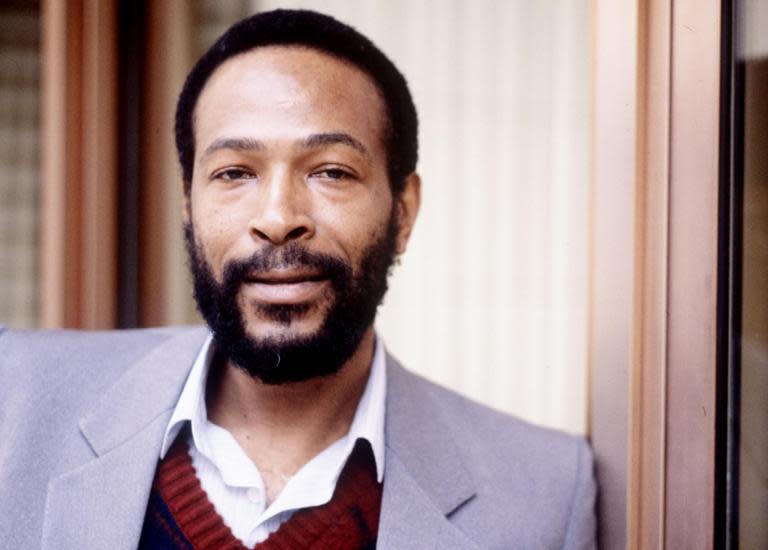Marvin Gaye, You’re the Man review: A sonorous and oddly prescient collection of crooning soul
Posthumous releases are a tricky beast. In the wake of Prince’s death, when there were murmurings of his elusive “vaults” being released to the public, I asked a handful of musicians what they’d want done with unreleased music after they had died. “If I deliberately didn’t release something while alive,” said Mitski, “I didn’t want it released at all.” “It makes me think of the album that I shelved,” said Laura Marling, “and how crap it is, and how much of a product of a s**tty time in my life it was. I wouldn’t want to inflict that on anyone.”
And yet it’s hard to resent the release of Marvin Gaye’s You’re the Man, nearly 50 years after the lauded soul singer decided to scrap it – and 35 years after he was shot and killed by his father at the age of 44. It is a soothing, sonorous, and oddly prescient collection of crooning soul.
Gaye’s reasons for shelving the album – the planned follow-up to 1971’s hugely successful What’s Going On – were complicated. He was frustrated with its title track’s lukewarm reception, ambivalent about the recording process, and nervous about the album’s political explicitness. “Maybe what this country needs is a lady for president,” he sings on one version of “You’re the Man” (there are several on the 17-track album), as his voice rasps, catches, and then flutters into falsetto. “We don’t wanna hear no more lies.” It may as well have been written in 2019.
But Gaye was anxious, too, about whether he could adequately follow a record as game-changing as What’s Going On. “Now I could do what I wanted,” he later said. “For most people, that would be a blessing. But for me, the thought was heavy. They said I’d reached the top, and that scared me because Mother used to say, ‘First ripe, first rotten.’”
He should have backed himself. You’re the Man, whose release coincides with what should have been Gaye’s 80th birthday, is far from rotten. Indeed, it is further evidence of his mellifluous voice, somehow both relaxed and urgent; of his muscular grasp of his genre; and of his willingness to push its boundaries. On “Christmas in the City”, one of two festive songs on the album, he fiddles with a Moog he was given by Stevie Wonder, and he injects electric guitars and organs into the existential contemplations of “Piece of Clay”. The rest of the record is just as stirring – particularly “I’m Gonna Give You Respect”, a playful ode to the wilful ignorance of love.
“Tell me, where are we going?” asks Gaye on “Where Are We Going?” “Where’s the future going?” He never got to find out – but what a contribution this is to it.

 Yahoo News
Yahoo News 

